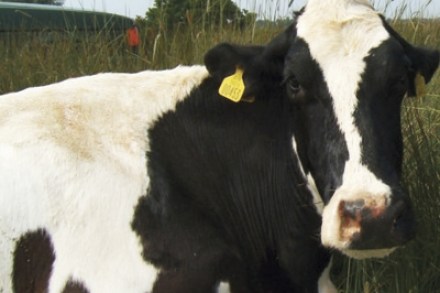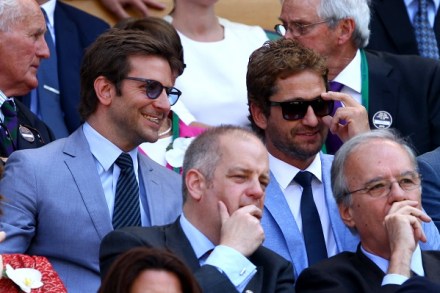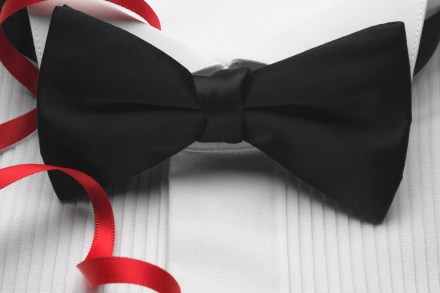Yes, ‘The Moo Man’ is a film about cows. But it is absolutely amazing
CinemaPacific Rim is a giant monsters v. giant robots film and although written and directed by Guillermo del Toro, who made Pan’s Labyrinth, which was sublime, it’s still just a giant monsters v. giant robots film, and now we have dealt with that, we can move on to The Moo Man. The Moo Man is
























